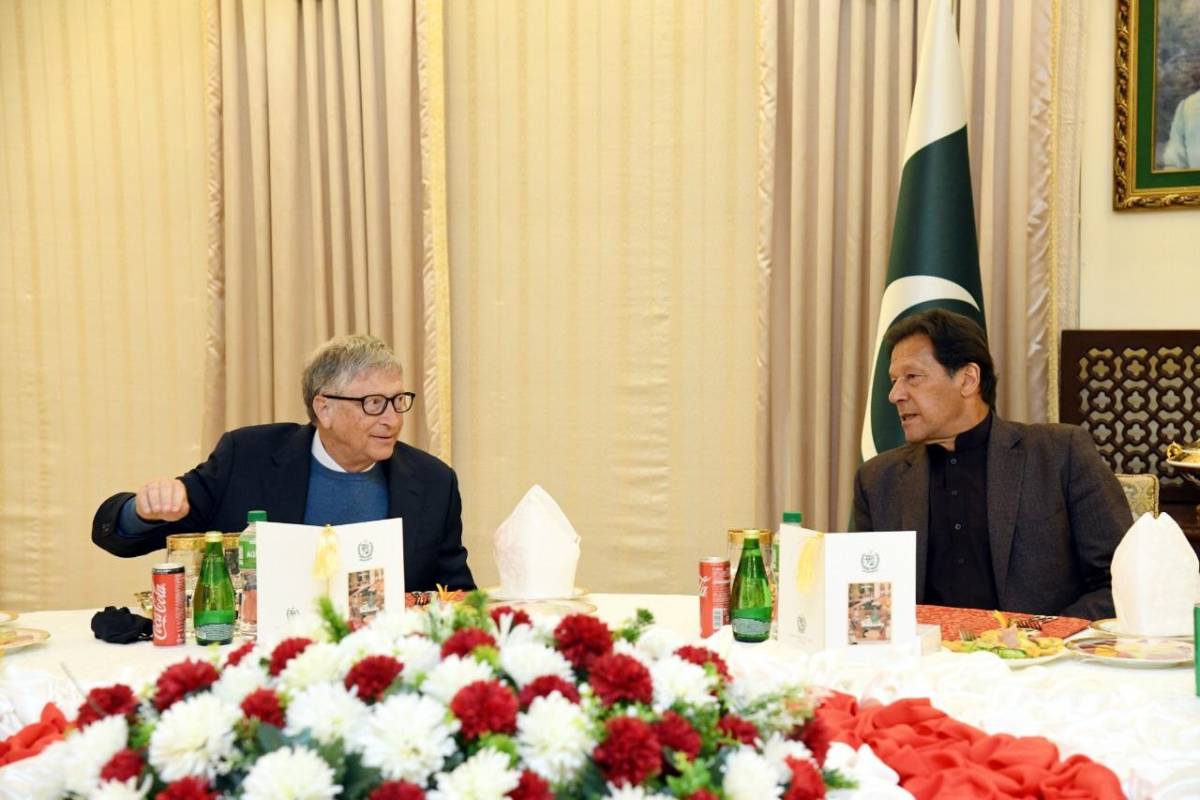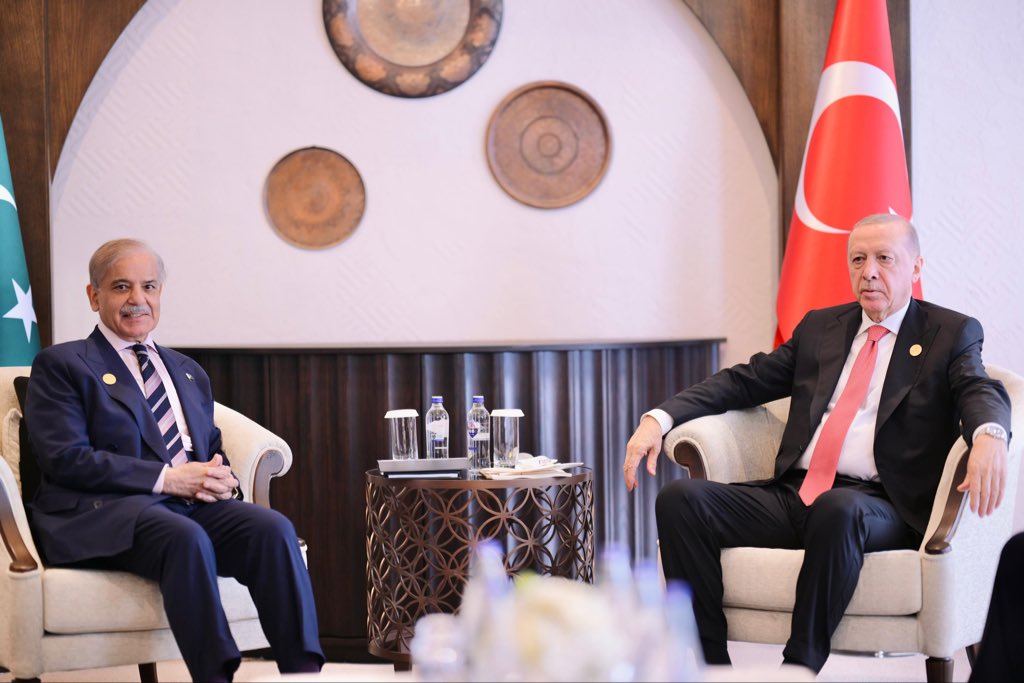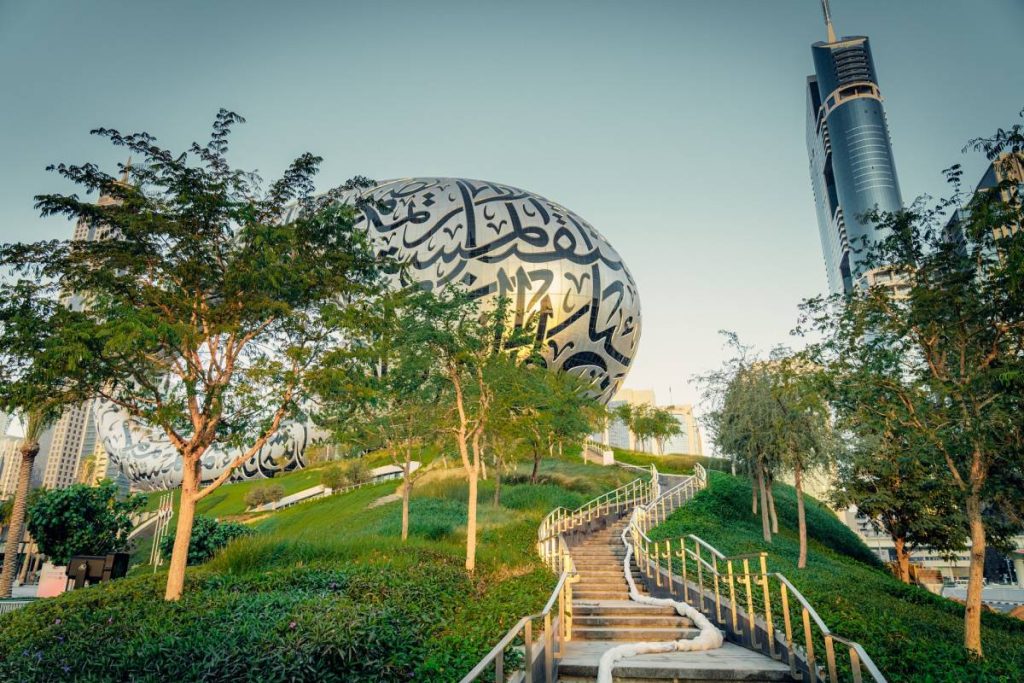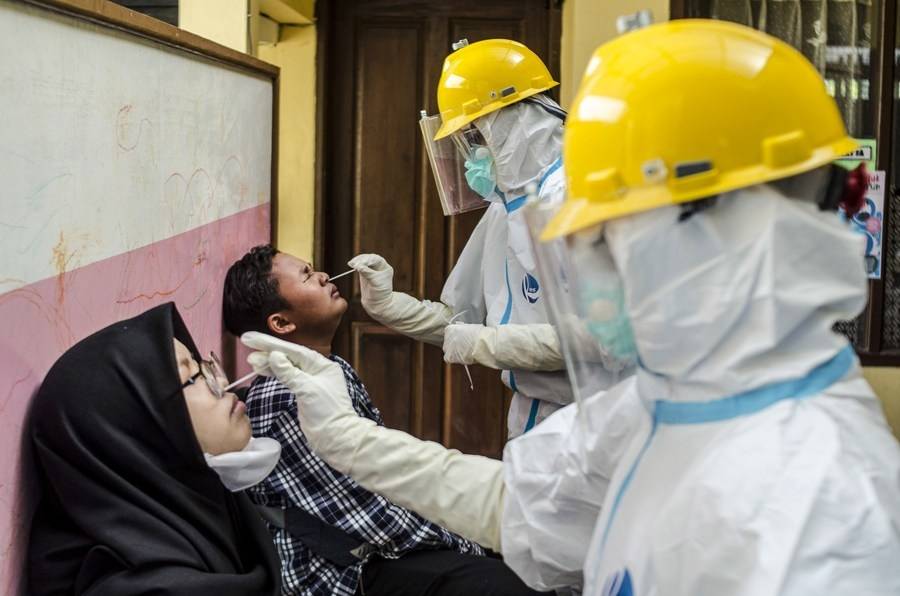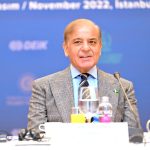The Pak premier’s house hosted a luncheon in honour of the tech billionaire, who was briefed on Pakistan’s efforts about polio eradication and Covid response….reports Asian Lite News
Microsoft founder and philanthropist Bill Gates has been conferred with Hilal-e-Pakistan, the second highest civilian honour in the country, for his efforts to help eradicate polio in Pakistan, Samaa TV reported.
Gates is on a day-long visit to Pakistan and has met with Pakistan Prime Minister Imran Khan. He also visited the National Command and Control Centre (NCOC) that oversees efforts to curb Covid-19.
A statement from the Pakistan Prime Minister’s Office said on Thursday that this is Gate’s first-ever visit to Pakistan.
The Pak premier’s house hosted a luncheon in honour of the tech billionaire, who was briefed on Pakistan’s efforts about polio eradication and Covid response.
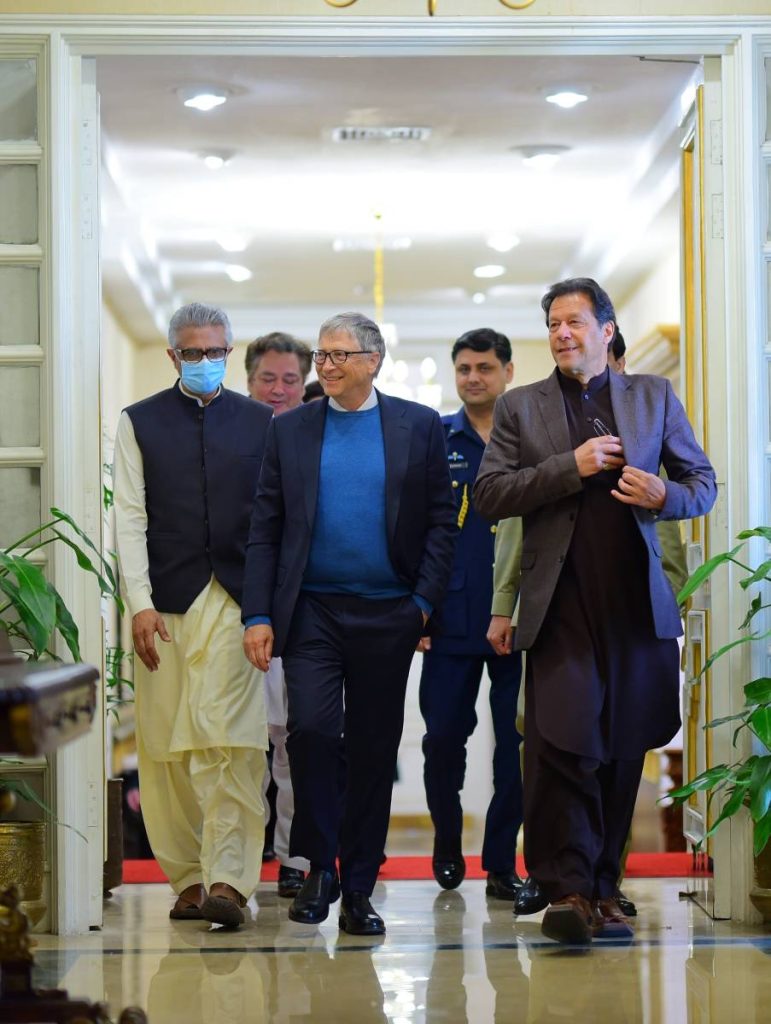
Bill and Melinda Gates Foundation has been a major contributor in worldwide polio eradication through Gavi, the vaccine alliance, the report said.
Gates also met Planning and Development Minister and NCOC head Asad Umar and Special Assistant to the Prime Minister (SAPM) on Health Dr Faisal Sultan.
In a statement, the NCOC said the philanthropist and his delegation attended the forum’s morning session.
“He was informed about the NCOC’s role and methodology, its achievements since the start of the Covid-19 pandemic, the coronavirus situation in Pakistan as well as the non-pharmaceutical interventions by the forum to control the spread of the disease,” it added.
The delegation was briefed about genome sequencing being carried out in Pakistan and coronavirus variants detected so far.
According to the statement, Gates appreciated Pakistan’s success against Covid-19 despite resource constraints and the initiatives and measures for public health safety.
Gates’s roadmap to prevent another pandemic
“I believe that Covid-19 can be the last pandemic (and) I know that might be hard to believe while we’re still trying to get (the present outbreak) under control,” says Bill Gates in a new book about the lessons learnt in the past two years and how to apply them to avoid a future disaster.
“How To Prevent The Next Pandemic” (Penguin/Allen Lane), to be published on May 3, is a clear and hopeful plan of what countries, government leaders, and individuals must do to help prevent another pandemic. Grounded in his first-hand experience with the Bill & Melinda Gates Foundation’s response to Covid-19, the plan is ambitious and wide-ranging, outlining the innovations we need to save lives and to stop outbreaks early and equitably.
“The last two years have caused unbelievable amounts of hardship around the world, and it’s not easy to feel optimistic when you’ve endured the misery that so many people have experienced. But whenever I see the suffering that COVID has created-every time I read about the latest death toll or hear about someone who lost their job or drive by a school that is closed-I can’t help but think: We don’t have to do this again” the Microsoft co-founder writes in his “GatesNotes” blog post.
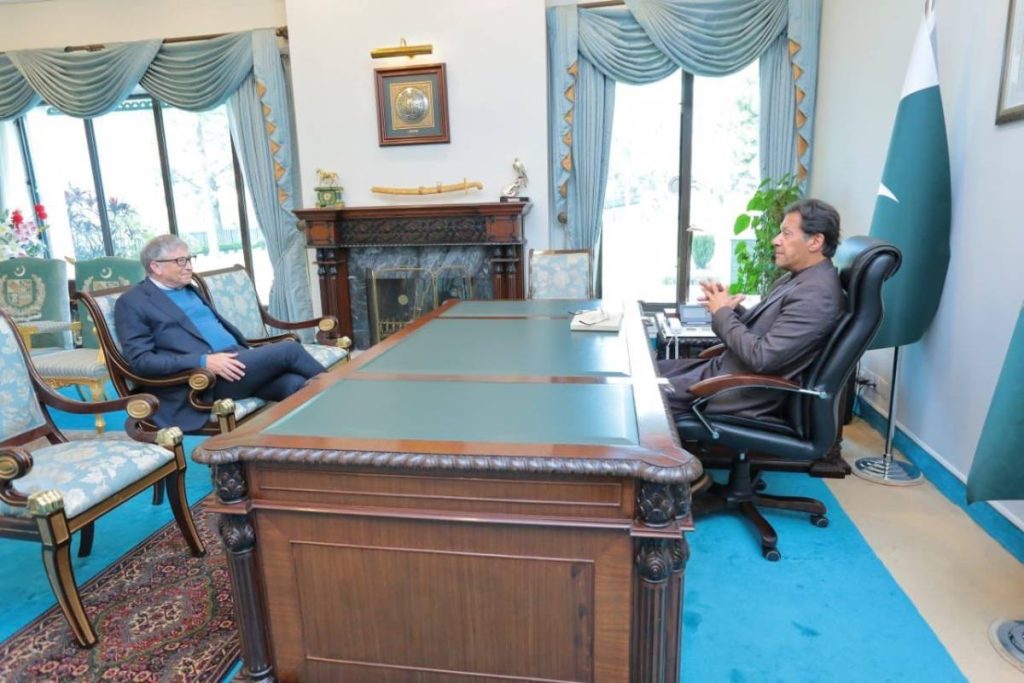
“This is something I’ve been thinking about for a long time, and Covid has only made it clearer that the world needs to prioritize eliminating pandemics as a threat to humanity. I’ve been following Covid since the early days of the outbreak, working with experts from inside and out of the Gates Foundation who are championing a more equitable response and have been fighting infectious diseases for decades. I’ve learned a lot in the process-both about this pandemic and how we stop the next one-and I want to share what I’ve heard with people. So, I started writing a book about how we can make sure that no one suffers through a pandemic ever again.
“In the book, I lay out the specific steps we can take to not only stop future pandemics but, in the process, provide better health care for everyone around the world. I outline the lessons we can learn from this pandemic, the innovations we need to save lives, and the new tools we need to stop pathogens early and equitably. I also tell you about my regular conversations with public health leaders like Anthony Fauci and Tedros Adhanom Ghebreyesus, my view of the vaccines that are stemming the tide, and what it’s been like to become the subject of conspiracy theories.
“The goal of no more pandemics ever is ambitious, but the progress we’ve made over the last two years-including the huge leaps forward we’ve made with vaccines and the knowledge we’ve gained about respiratory illnesses-has already set us on a path to success. The world now understands how seriously we should take pandemics, and momentum is on our side. No one needs to be convinced that an infectious disease could kill millions of people or shut down the global economy. If we make the right choices and investments, we can make COVID-19 the last pandemic,” Gates writes.

